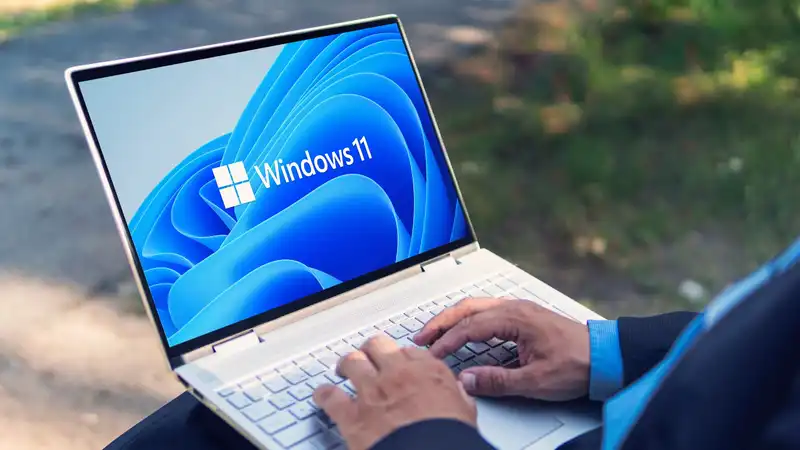Microsoft is constantly working to improve Windows 11. Whether it's digging in and fixing bugs or adding new apps and features, the company has certainly made significant improvements to its flagship operating system since its launch.
But sometimes the company takes things away from Windows users. I'm sure Microsoft is doing its best, but I always feel bad when something familiar is taken away.
Today we will look at seven features and other aspects of Windows that will disappear in 2024. If you use any of these on a regular basis, you better start adjusting your workflow.
Microsoft has long included basic word processing software with Windows, but those days are coming to an end as the company intends to remove word processing software from the OS entirely. With the plethora of free, feature-packed word processors available, one wonders if anyone is actually using WordPad.
After all, WordPad hasn't been officially updated by Microsoft in some time, so it's not too surprising that the company plans to remove WordPad by Windows 11 version 24H2 in late 2024.
If you are one of the few still using WordPad, free browser-based options like Microsoft Word or Google Docs may be a great alternative. You can also download tools like LibreOffice or OpenOffice to do the same job as WordPad, but with far more features and options.
Windows has a lesser-known but useful feature designed to help create step-based screenshots for use in documentation and to show errors to help support employees see exactly what is going on and fix it There are features that are designed to help support employees see exactly what is going on and to show errors to help them fix it.
Sadly, at least for those who knew this useful problem logging feature existed, Microsoft plans to remove it from Windows; it's as simple as manually collecting screenshots using the Windows snipping tool. It's a little less streamlined, but it will be useful when needed.
Cortana, named after Master Chief's AI companion in the video game Halo, will be replaced by Microsoft Copilot. Thankfully, most of Cortana's usefulness is also available in the new AI-based app (along with lots of new goodies).
Still, if you rely on Cortana for certain workflows, you will need to adapt and get used to Copilot as the Cortana app will soon be removed from Windows. The transition is not that difficult, but it is definitely worth preparing to streamline the transition.
Like Cortana, this is just a case of Microsoft streamlining the apps and putting all the functionality in one place; instead of having Windows Mail, Outlook Express, and Outlook, Microsoft simply puts everything in Outlook Id.
However, there are several drawbacks to this transition: when using Outlook, all mail goes through Microsoft's servers, no matter which provider you use. While Microsoft's servers have adequate security and safety measures in place, it is just one more place that mail has to go, one more place where holes can be found.
If you are a Windows Mail or Outlook Express user, you might want to give Mozilla Thunderbird a try and see if it suits your needs. It has many useful features and does not go through an extra server.
Windows-to-Go is another niche feature that some people may find useful. With it, an entire Windows installation can be copied to an external hard drive and run on another computer.
Unfortunately, Microsoft has already discontinued support for this feature and it may be removed from Windows entirely in the near future.
There are other ways to install Windows on an external drive, but they are not as streamlined as Windows-to-Go used to be. For example, one could use VMWare, but it would be a different Windows installation, not a copy of existing Windows. Still, it would be an option if absolutely necessary after Microsoft removes this feature.
HomeGroup is an easy way for Windows users to share files, folders, printers, etc. between PCs on a home network. Sadly, however, Microsoft is about to discontinue this soon.
Fortunately, Microsoft says that existing shares already created using HomeGroup will remain intact, but new shares will no longer be created. Instead, users will have to share with other users on the network through workgroups or Active Directory domains.
Microsoft will remove WebDAV from Windows. This is probably only relevant to some users, but it is worth noting because it is closely related to the removal of WebClient; those who use the protocol to connect network drives with WebDAV will have to find another solution.
A routine use for WebDAV was to integrate cloud storage directly as a Windows drive. Currently, Microsoft does not intend to start the service at startup, which means that removal is not far off. In fact, the service may even be gone by the next major Windows update (codenamed Windows 11 24H2), which will be released later this year.
So if you recognize any of these tools, now is the time to figure out how to live without them.
.









Comments